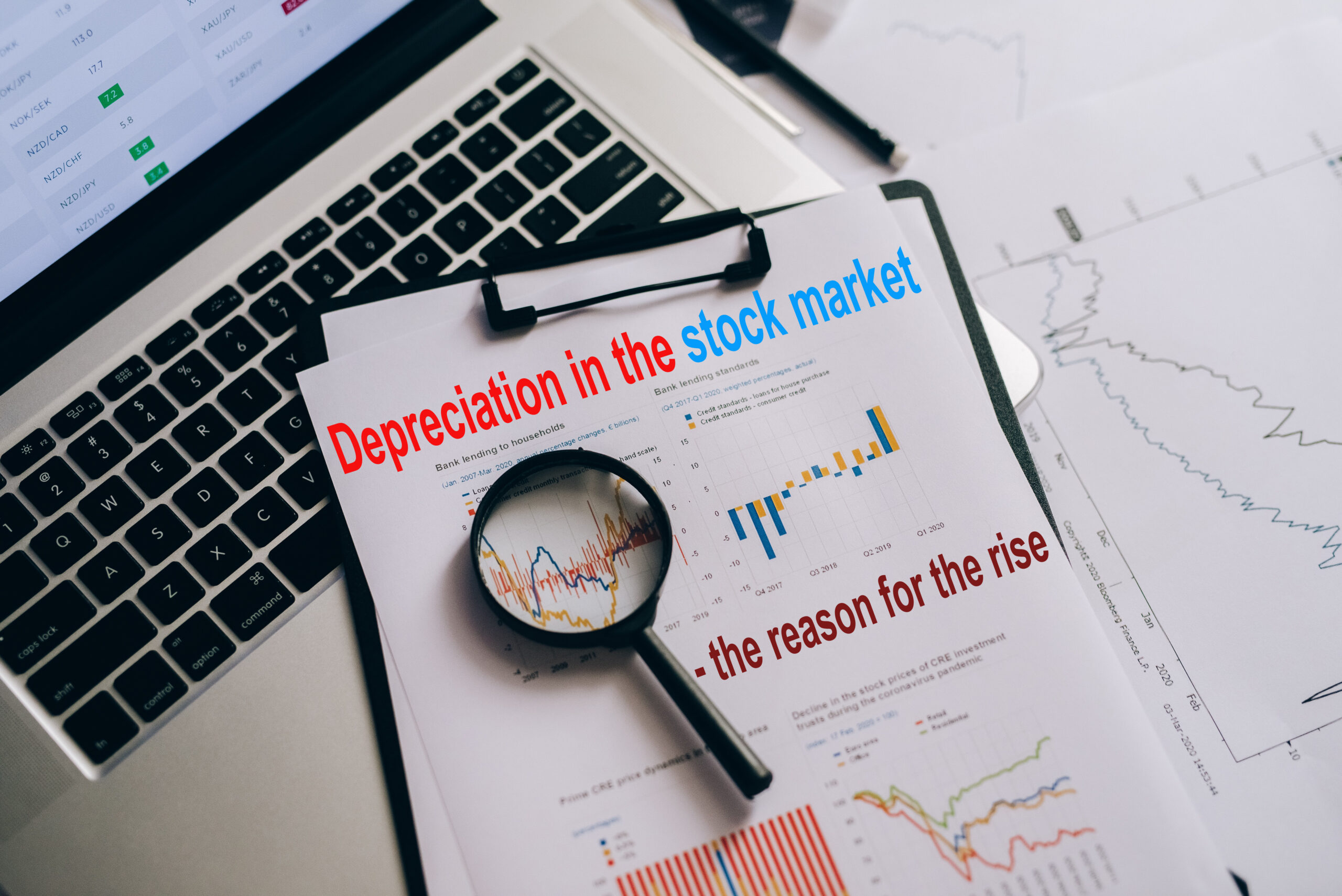Reason for depreciation-rise in the stock market
Reason For Depreciation-Rise In The Stock Market:
Introduction:
The smallest unit of capital is called a share. And where the company’s shares are traded, the market is called the stock market. The stock market. A well-organized market system. Just as the price of a commodity in the general market is affected by demand and supply, so is the price and supply of a commodity in the stock market. However, the rate of the rising share price is different than that of commodities. The reasons why the stock market fluctuates are discussed below:
Business situation:
There is a close relationship between the market and the existing business situation in the country. Such business situations can be of two types. Vitality and depression. The share price continues to rise sharply during the bull market. With this, the share price increases. But when there is a recession, the prices of various products go down and as a result, the share price goes down. Because the amount of profit earned by companies decreases in a recession; As result, the share price falls.
Bank Rate:
As the bank rate rises, debt contraction occurs and share prices fall. Again, when the bank rate falls, the flow of credit increases, and the share price also rises. Changes in bank rates introduced by the central bank affect stock market prices.
Credit policy of the central bank:
The value of shares and debentures tends to decline as the central bank borrows and adopts a rare economy. In such a situation the interest rate in the market rises and the capital investors start investing money in other sectors by selling shares and debentures. The value of fruit bonds decreases. Thus the credit policy of the central bank affects the stock market. But when the central bank adopts a cheap economy, the stock market becomes stronger.
Change in Dividend Policy:
A change in the company’s dividend policy is reflected in the share price in the stock market. Because when companies pay high dividends, the share price also goes up. Again, when the number of dividends paid decreases, the share price decreases.
Inflation and currency contraction:
During inflation, people start buying more shares and debentures. Because then a lot of money is deposited in the hands of the people. As a result, the stock market became stronger. Because the purchasing power of money decreases due to inflation, there is a possibility of gaining capital gains by investing in stocks. So the demand for shares increases and the share price increases. But in the case of currency contraction, the opposite is true.
Government policy:
Excise duty on any product increases the selling price. As a result, the use of the product is reduced. This reduces the amount of profit of the organization, which in turn depends on the share price. So the rise in share price is closely related to the policy of the government.
Rumors:
Why are favorable rumors about the company increasing the share price of the company? Again the share price can be reduced by creating rumors. There are many speculators in the stock market who spread rumors in their favor. Such rumors have a significant effect on the rise and fall of the share price.
Impact of speculation trading:
In many cases, the decline in share price increases due to the manipulation of speculative traders in the stock market. For example, Teji Waller artificially raises the share price by creating a shortage of shares in the market.
Conclusion:
From the above discussion, it can be said that the stock market price can fluctuate for a number of reasons other than the reasons mentioned. Such as political reasons, foreign relations, strikes, strikes, revolutions, commercial upheavals, etc.
Contact us: Faysal’s Education Counsel
